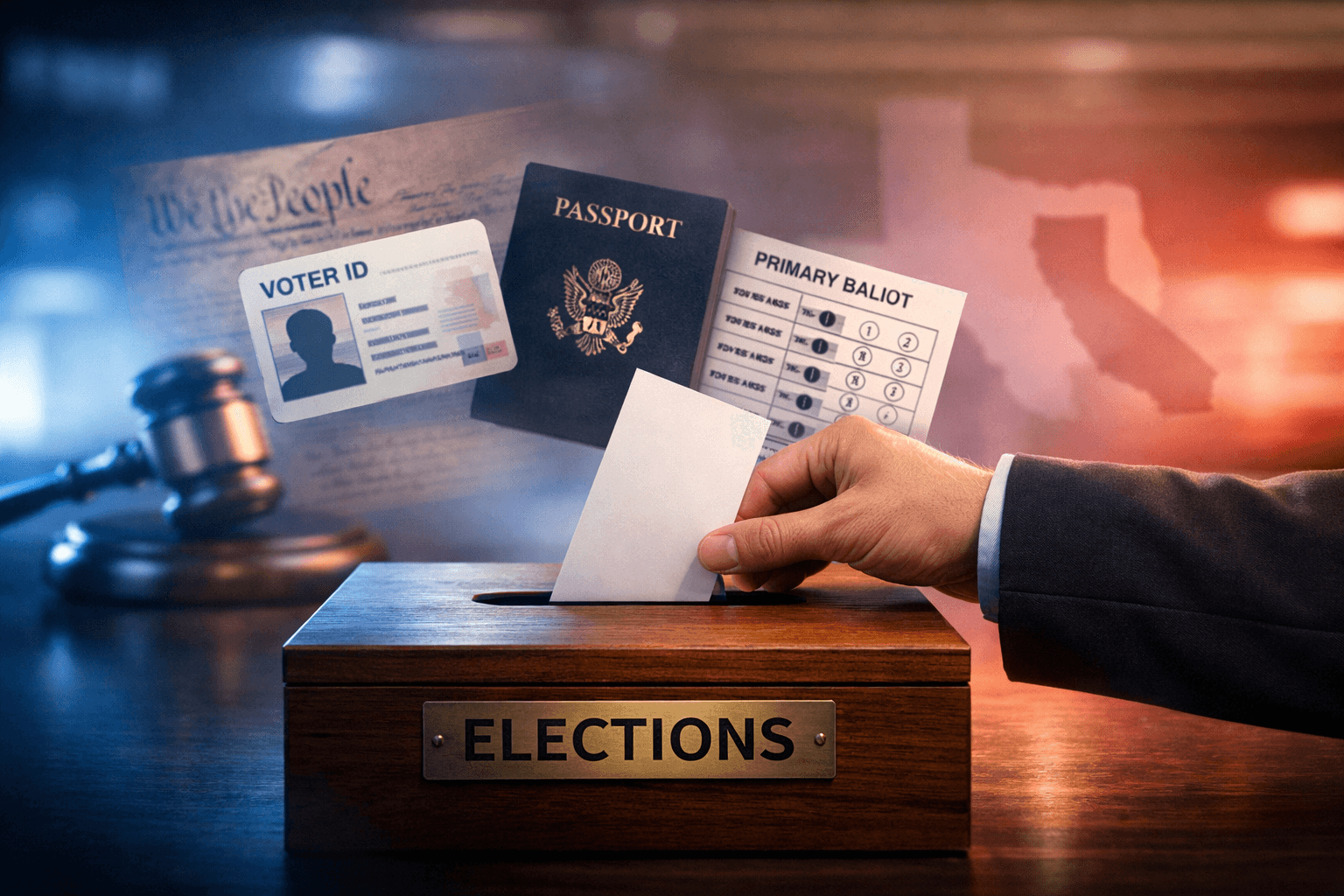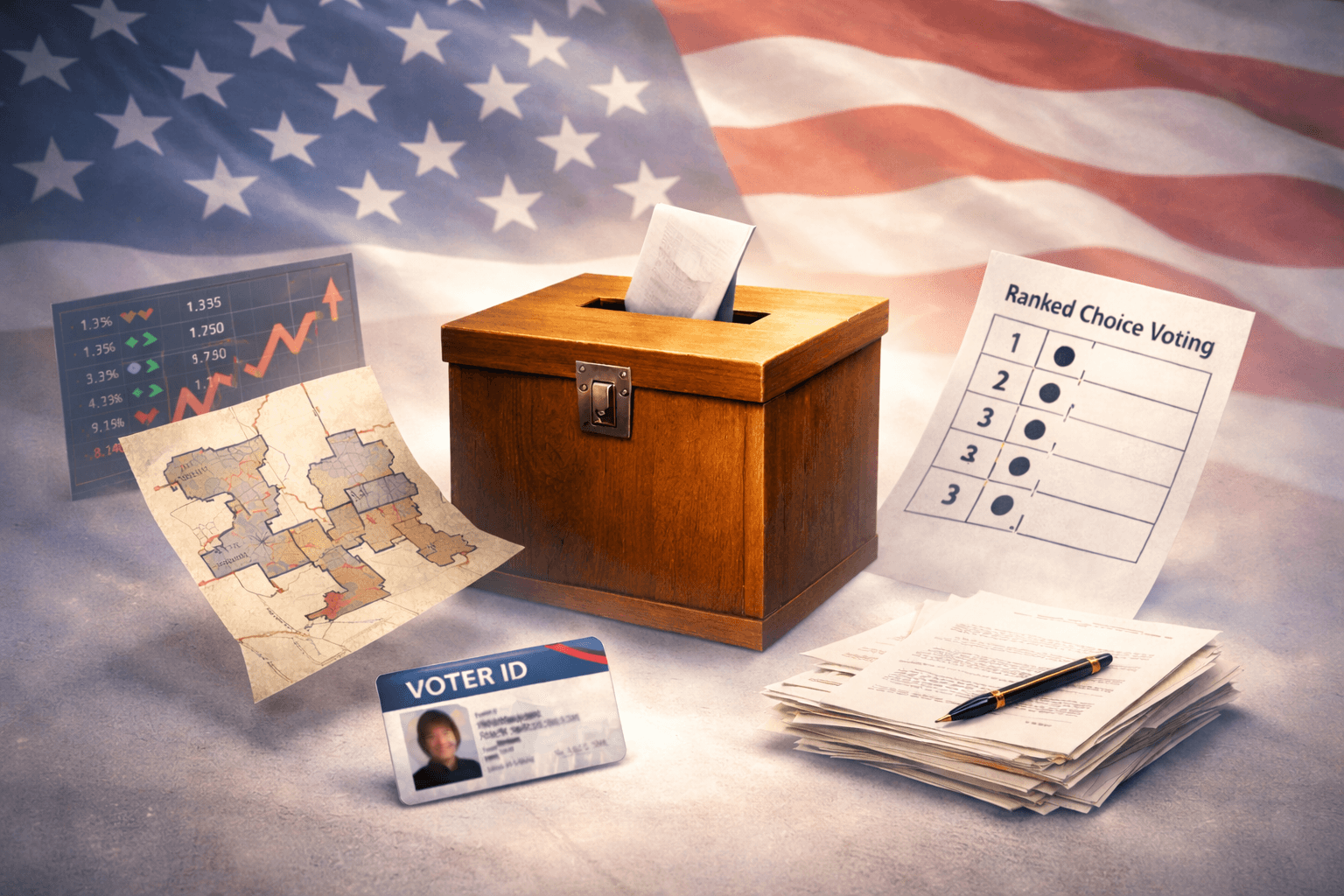Alaska Supreme Court Scrutinizes Church-Funded Effort to Undermine Open Primaries and RCV

The Alaska Supreme Court is considering whether opponents of open primaries and ranked-choice voting (RCV) broke state law when they funneled money through a Washington-based church to support a repeal campaign.
Anchorage businessman Arthur Mathias contributed $90,000 to the Ranked Choice Education Association, which was a church established in Washington state. The church later donated to Alaskans for Honest Elections, the group that led a failed effort to repeal RCV and open primaries.
The Alaska Public Offices Commission fined Mathias and his allies $94,000, finding they hid the true source of campaign funds.
Former attorney general Kevin Clarkson, representing Mathias, said regulators misapplied the law. He argued that the penalty provisions in the 2020 election reform initiative apply only to candidate races, not ballot measures.
But Commission attorney Kimberly Rodgers said the rule against giving “in the name of another” has always covered all elections.
“The public has a right to know the sources of funding supporting or opposing a ballot measure,” Rodgers said.
“Its very existence centered around this initiative proposal,” she said of the church. “Its donors could not have been unaware that its mission was trying to repeal ranked choice voting.”
Justice Dario Borghesan questioned how far the statute’s wording extends, while Justice Aimee Oravec raised concerns about privacy for nonprofit donors.
The pro-reform group Alaskans for Better Elections, represented by Scott Kendall and Samuel Gottstein, filed a cross-appeal arguing that the commission should have imposed triple penalties once it determined the violations were intentional.
In 2020, Alaska voters replaced partisan primaries with open, Top Four primaries and established RCV for general elections. The new law also included campaign finance requirements which required that the “true source” of political contributions be disclosed.
The reforms aim to reduce partisanship and elect candidates with the broadest support of the electorate. Since its passage in 2020, repeal efforts have repeatedly tested both the system’s popularity and the limits of the laws that protect it.
The justices offered no timeline for their decision.
 Cara Brown McCormick
Cara Brown McCormick





